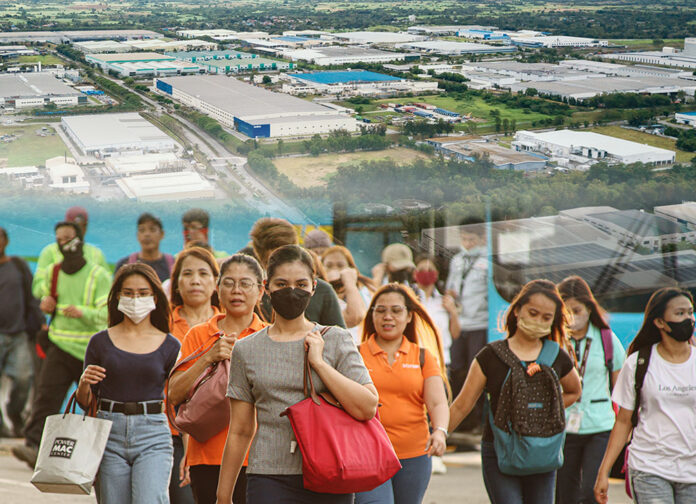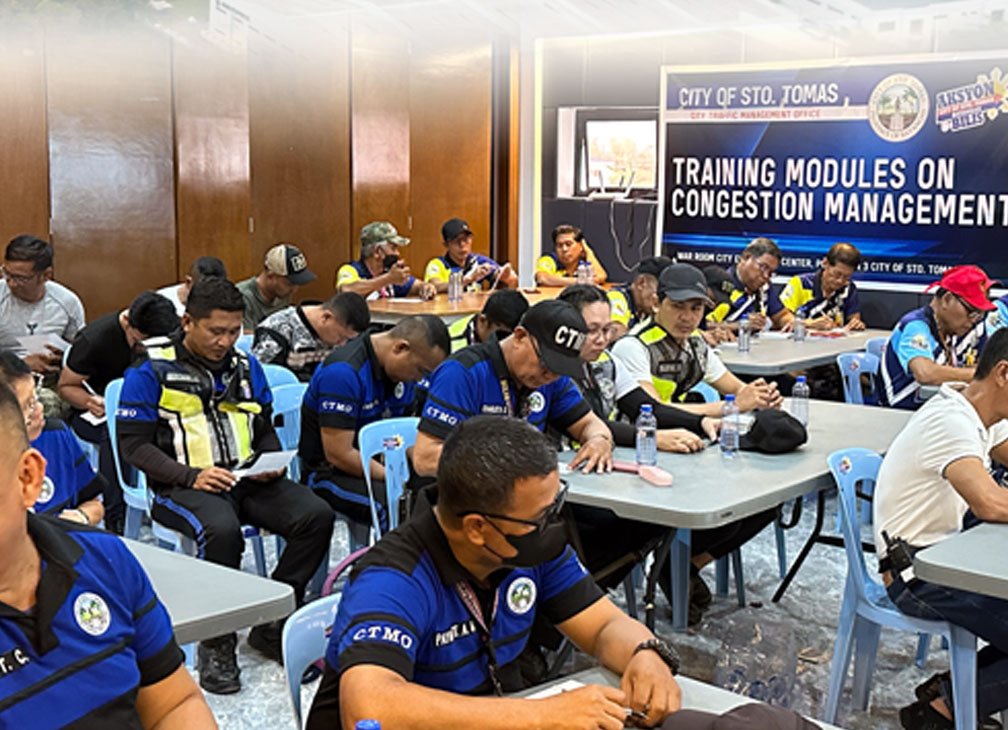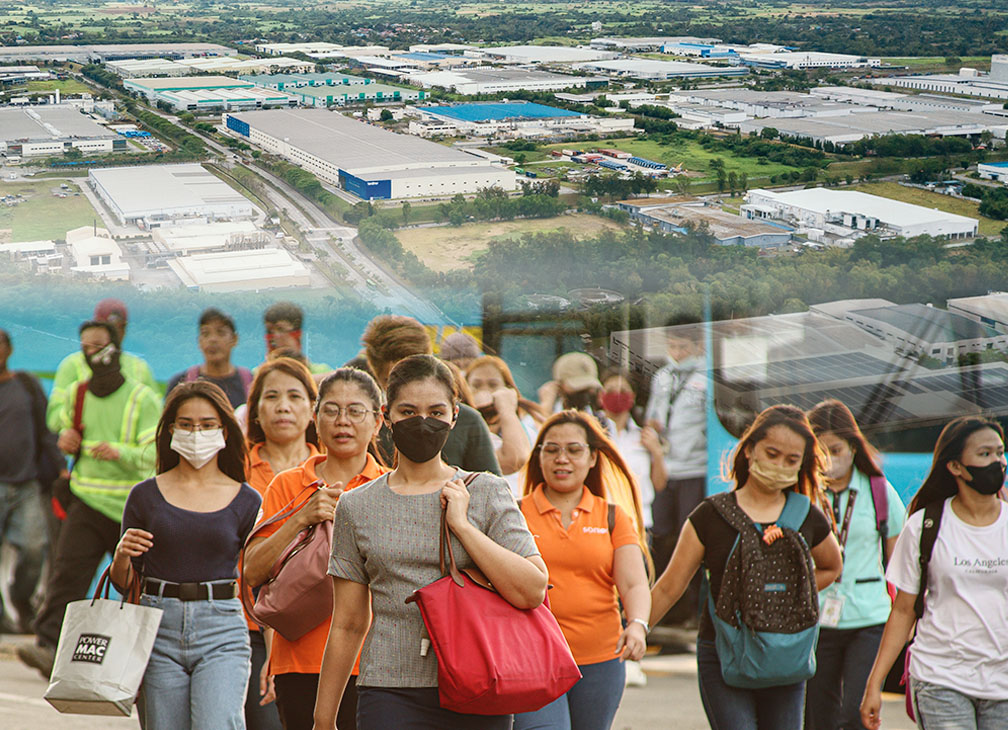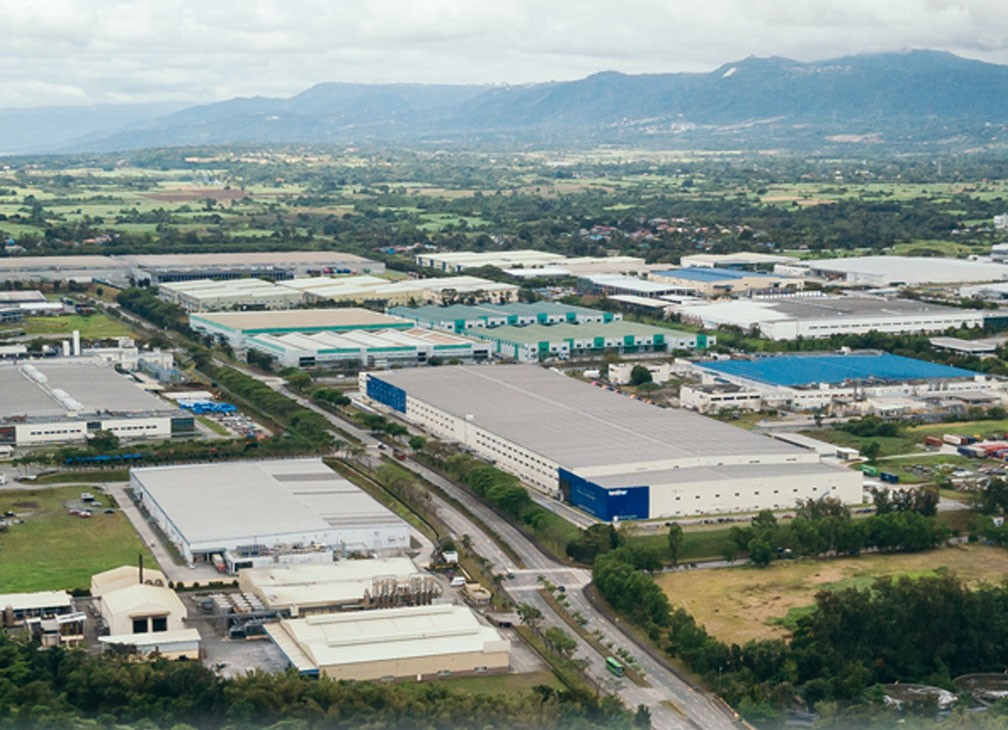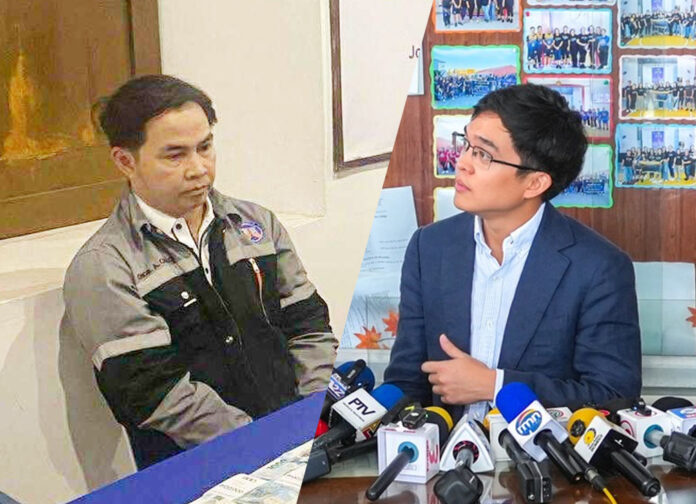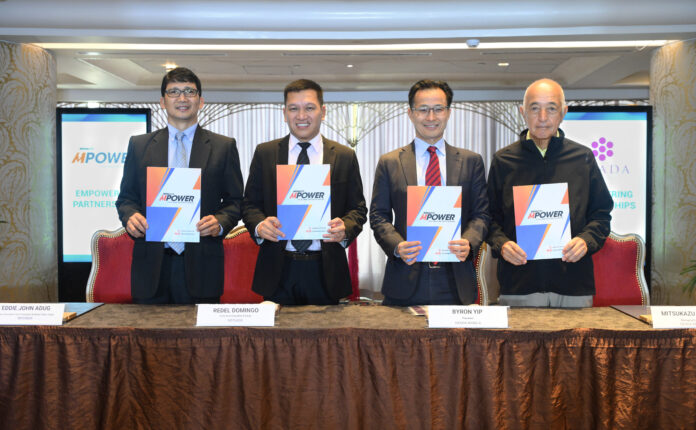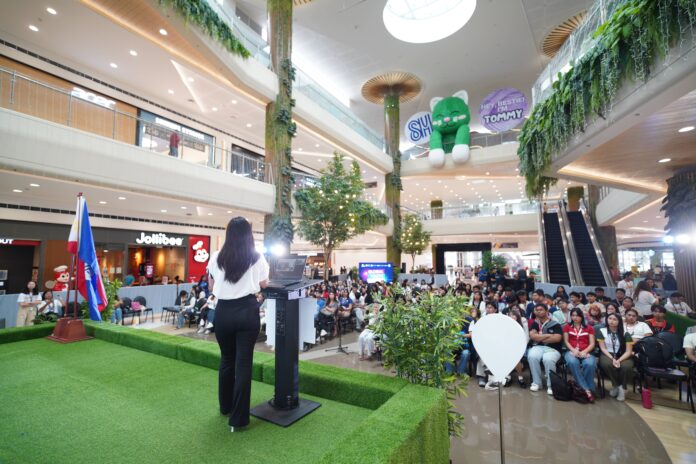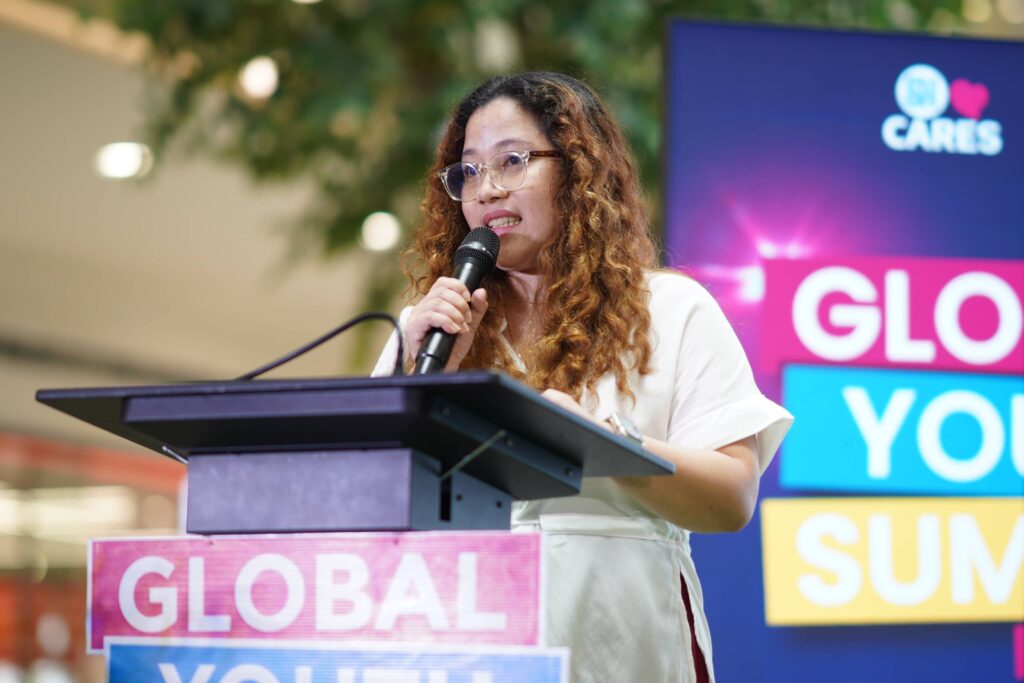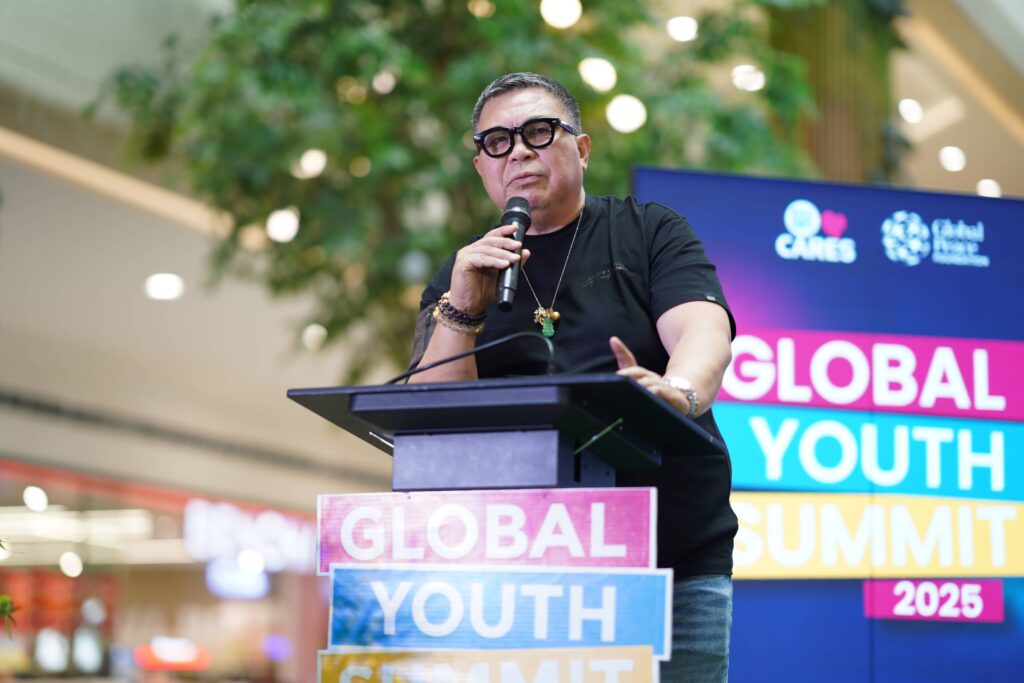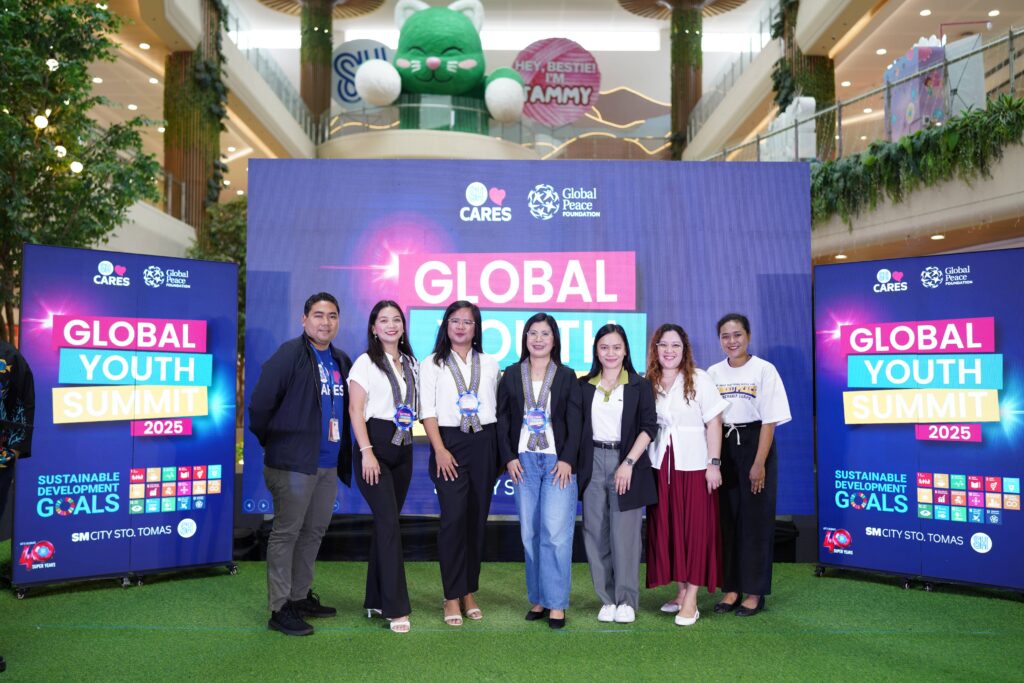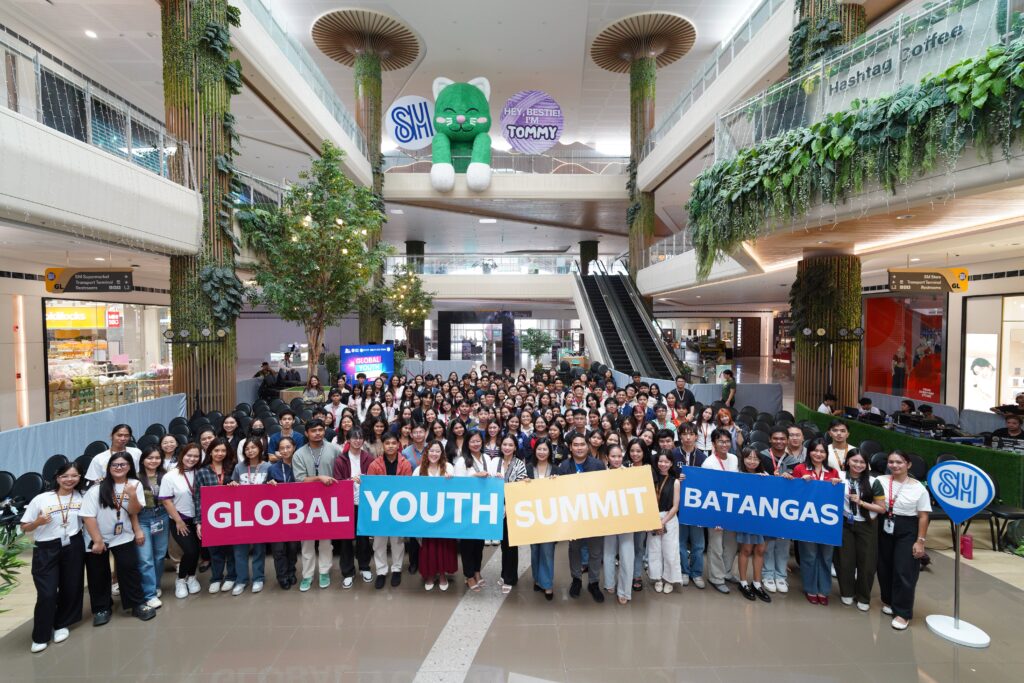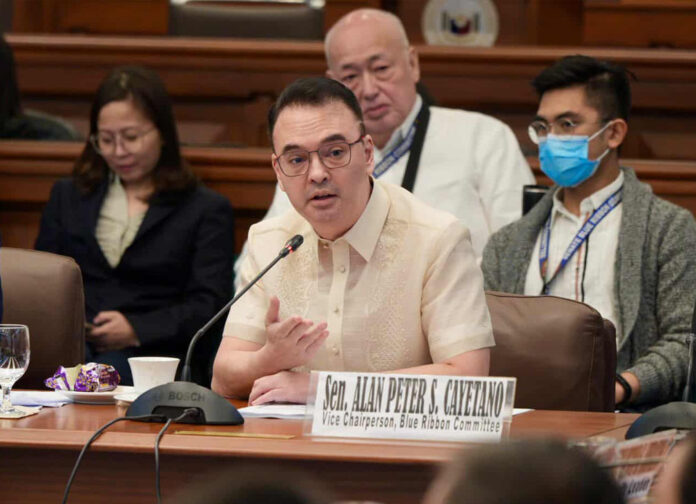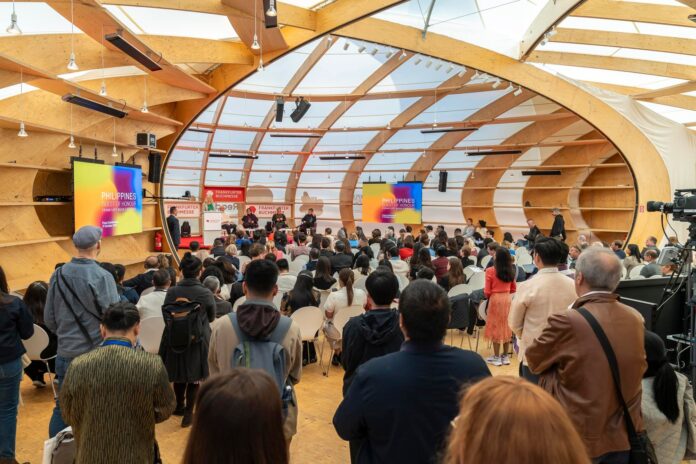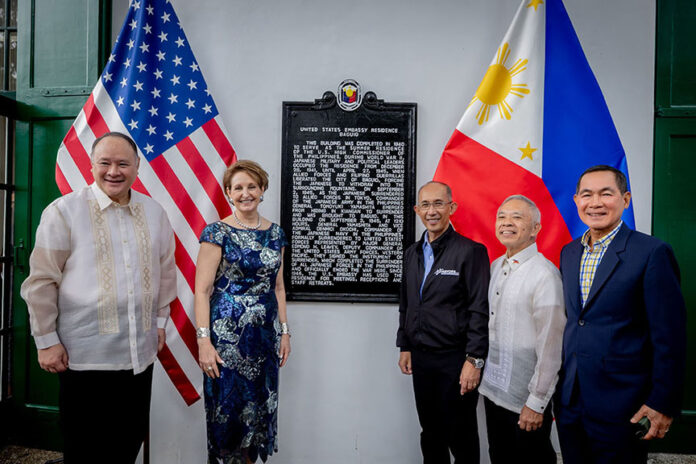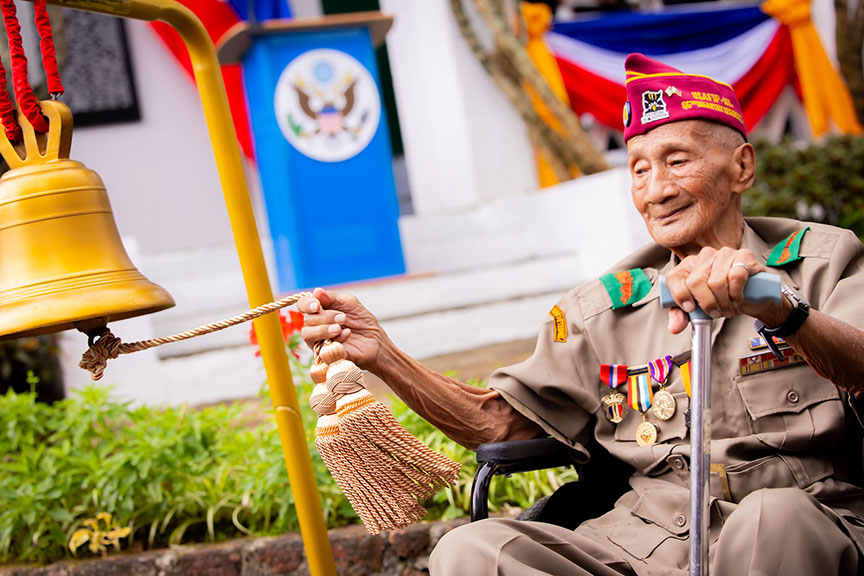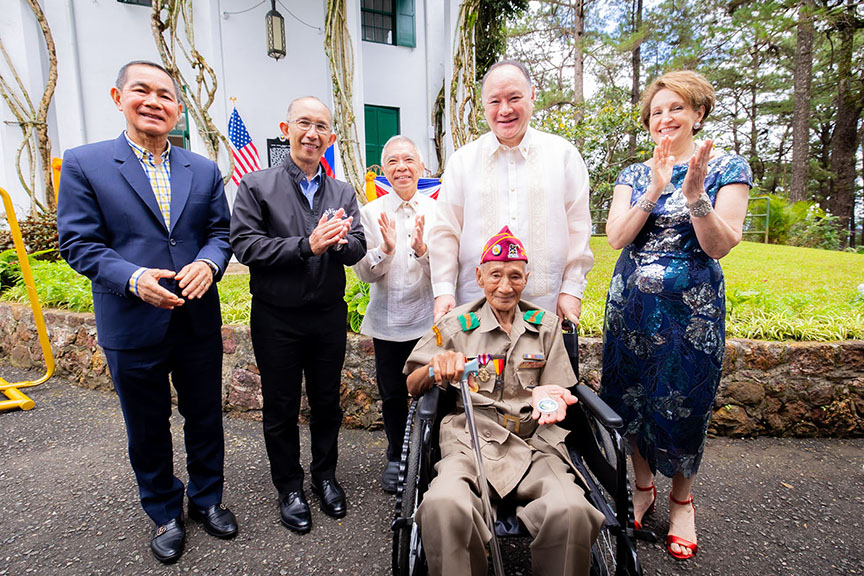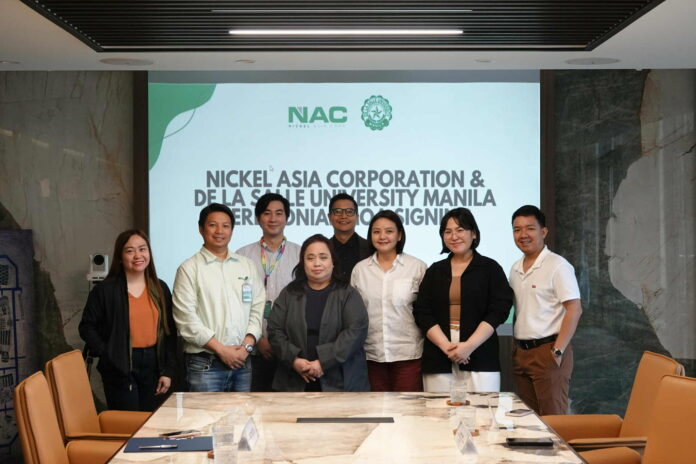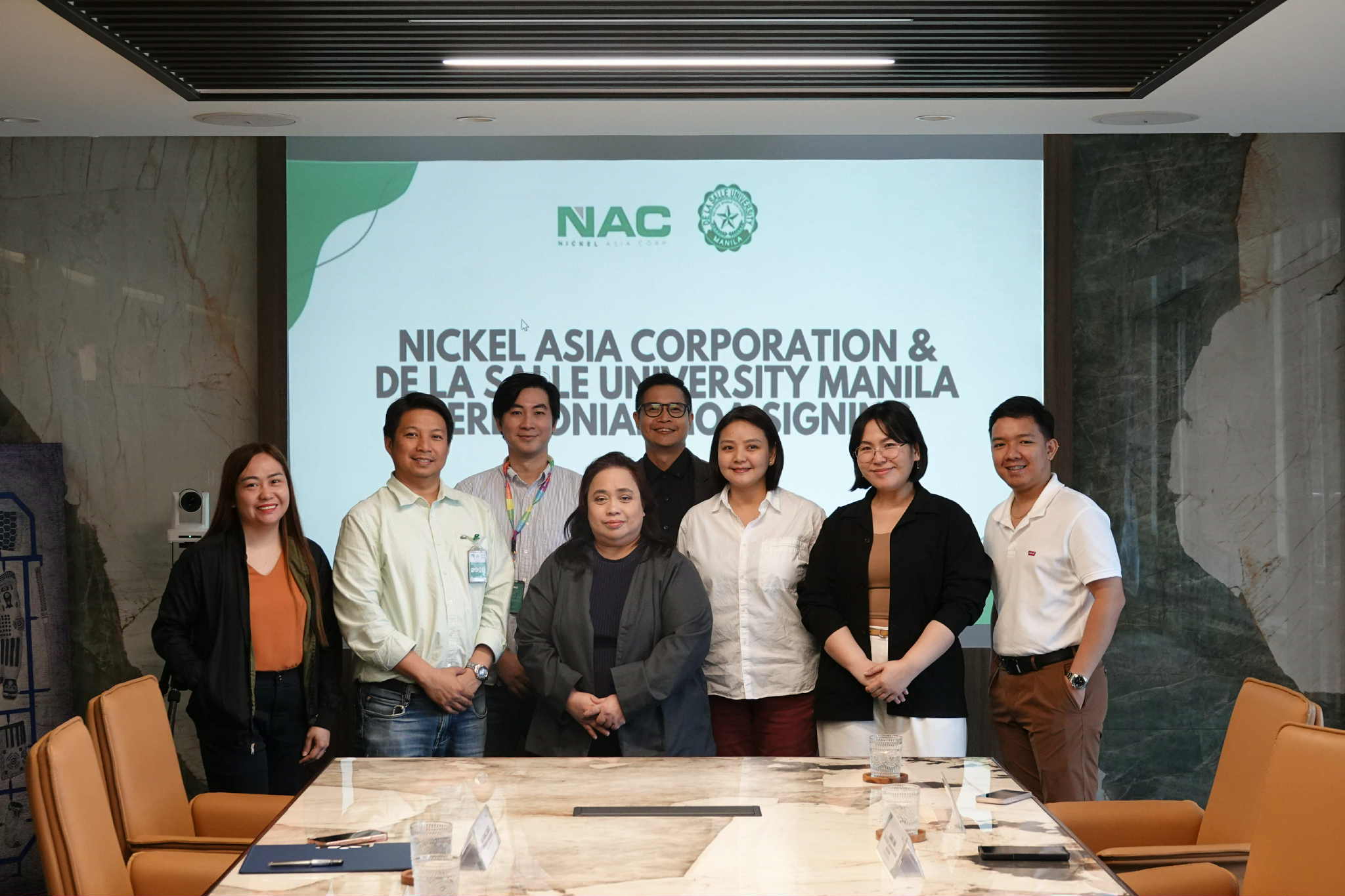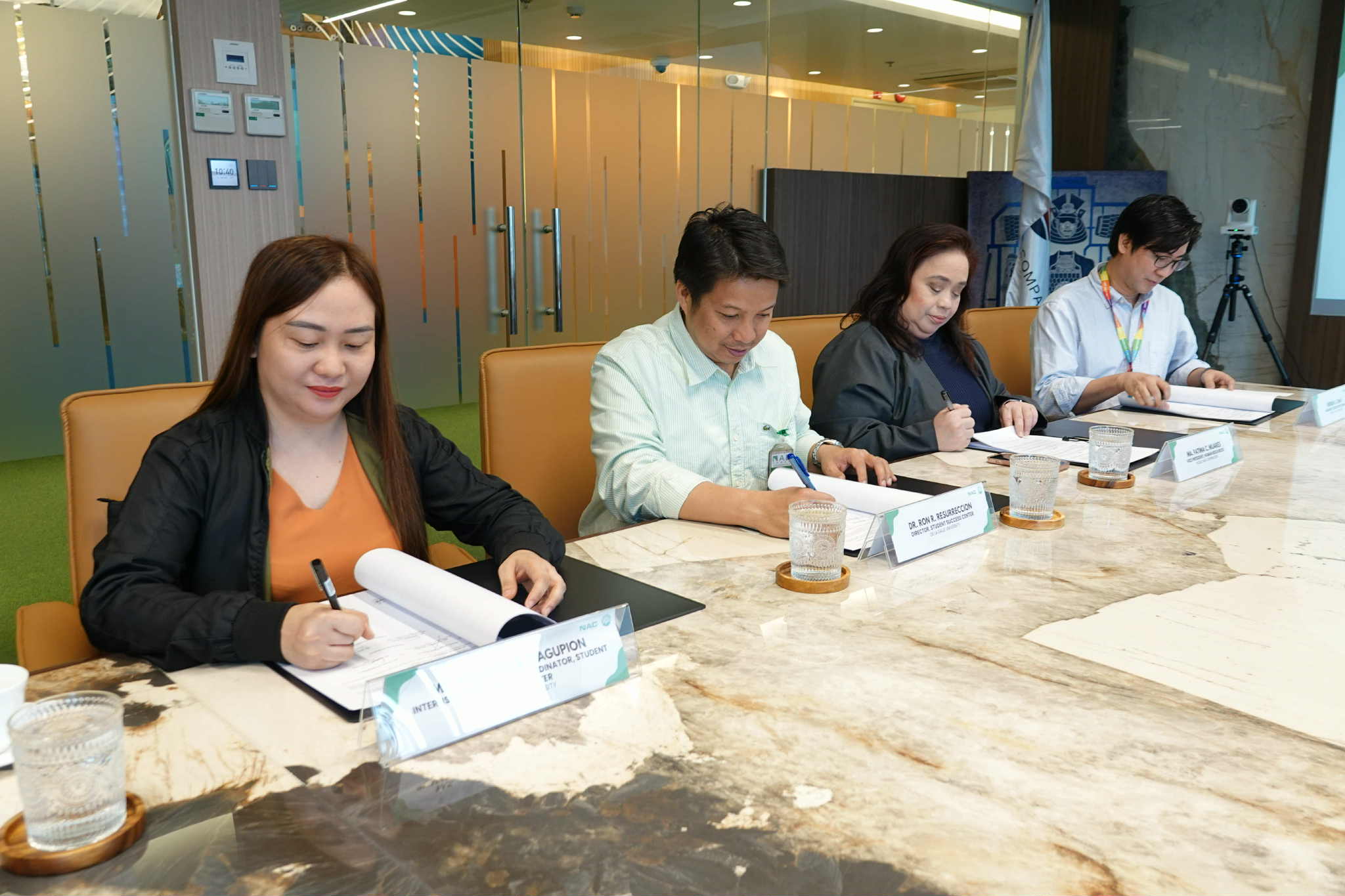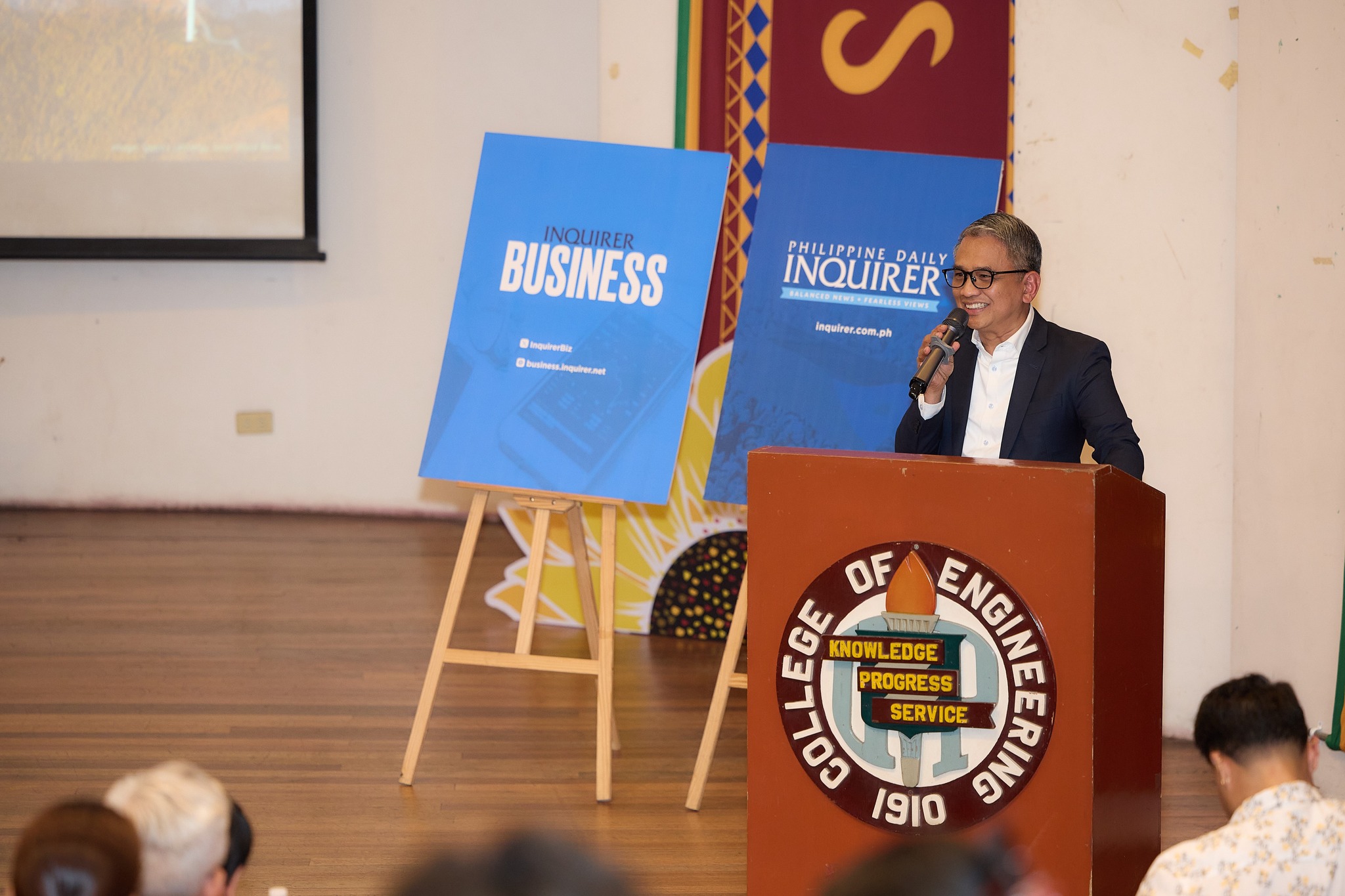Clicking play on the Quezon trailer, I was brought back to that feeling Heneral Luna gave almost ten years ago. It is more than history on screen—it is history alive. Jericho Rosales transforms into Manuel L. Quezon—no longer the charming lead, but a leader frail in body yet fierce in will. Opposite him, we glimpse (Game of Throne) Iain Glen’s General Leonard Wood, the American governor who once oversaw the slaughter at Bud Dajo, Sulu. Their negotiations, as shown in the trailer, are not academic debates but tense chess moves, revealing that governance is never black and white. Watching it, I knew instantly why Jerrold Tarog chose to end his ‘Bayaniverse’ trilogy with Quezon: here lies the test of politics, compromise, and perception, themes we Filipinos still wrestle with today. The film opens in theaters nationwide this October 15, a date that feels just right for a story that insists history is not past but present.
The earlier films in the trilogy set the stage for this. “Heneral Luna” showed us the brilliance and temper of a general who could not tame his fellow officers. “Goyo” revealed the youthful general Gregorio del Pilar, caught between loyalty and vanity, ultimately dying at Tirad Pass with more questions than answers about what it means to serve. Now comes Quezon—not about guns or glory, but about the quiet battles fought in smoke-filled rooms. It is harder to tell because it deals with politics, a word many of us link to corruption and betrayal. And yet, that is what makes it hit closest to home today. If Luna made us angry, and Goyo made us doubt, Quezon challenges us to think: how do you lead when your every move is bound by survival, ambition, and the perception of others?
What struck me most from the trailer was not the grandeur of speeches but the intimacy of glances. Quezon’s eyes, as portrayed by Rosales, betray fatigue yet flash with cunning. He knows politics is perception, and perception shapes power. That line from Quezon could just as well describe our time. This year, trolls and memes shout louder than facts, and hashtags rewrite reality. For Pulse Asia, 9 in 10 Filipinos had already come across fake news—mostly about politics and history. If our heroes fought enemies on battlefields, today’s we battle for truth in feeds and timelines. The movie arrives at a time when the question of who controls perception has never been more urgent.
But Quezon was not only a master of image. He made choices that shaped the nation—some visionary, others flawed. The trailer points to his push for a national language in 1937, uniting many but sidelining those whose mother tongues were reduced to “dialects.” He backed resettlement in Mindanao to open opportunities, but it displaced Lumad and Moro communities. He built Quezon City as a bold vision of urban planning, though today it struggles under congestion. These contradictions remind us that legacies are not marble monuments but complex consequences. For teachers who see overcrowded classrooms, or parents who struggle with jobs lost to political favors, Quezon’s story is familiar. Leaders’ choices ripple across generations, often in ways no one intended.
As an educator, I hear echoes of Quezon’s challenges in education today. We debate reforms and curriculums, yet children still either shine or struggle unseen. Quezon once weighed unity against diversity; teachers do the same with policies and learners. The movie reminds us: leadership is courage, not catchphrases. That truth is urgent in schools where promotion matters more than mastery, and effort is often traded for shortcuts.
The film also forces us to revisit how we view heroes. For too long, textbooks painted them as flawless titans. Tarog’s trilogy refuses that. Luna was brilliant but hotheaded. Goyo was brave but vain. Quezon is strategic but flawed. This is not icon-smashing for shock value. It nudges us to look in the mirror. We’re idealists in youth, pragmatists in age, bold on occasion, nervous most days. The real question isn’t about their flaws—it’s about what they built anyway. The same question applies to us: what are we building, despite our imperfections? In small barangay cleanups, in campus journalism, in volunteer tutoring, there lies the quiet kind of heroism that history often overlooks.
Some may ask, why bother with history when the present is already overwhelming? Because the present is history in the making. A 2024 Social Weather Stations survey showed that only 35 percent of young Filipinos felt “very proud” of being Filipino, down from 52 percent a decade earlier. This decline cannot be addressed by hollow flag ceremonies alone. It demands stories that connect. Films like Quezon offer that connection. They prove that real love of country isn’t blind obedience but brave questioning. True patriotism isn’t in selfies at monuments—it’s in how we care for people, call out abuse, and refuse to treat the nation as a personal ATM.
That is why the September 8 “Bayani Ba’To? MLQ: Mga Lingering Questions” forum at the WVSU Cultural Center matters. It is not just an afternoon of cinema and talk. It is a chance for students, teachers, and the community to sit together, watch the preview, listen to historian Alvin Campomanes, and then engage the cast—Jericho Rosales, Bodjie Pascua, and Therese Malvar—in conversation. I am humbled to moderate, alongside Dakila’s Berks Joseph Tan, because I believe forums like these make history breathe. They allow us to ask lingering questions on leaders, legacy, and liberty, questions that matter just as much now as they did in Quezon’s time.
So what will history say about us? Will it write that we scrolled, shrugged, and surrendered because we were too busy, too tired, or too afraid? Or will it say that we stood up, fought back, and built a country worthy of its heroes? Legacy is not just a place named after a president or a general. It is what we leave behind in our politics, projects, passions, and principles. Liberty is not just what was declared in 1946. It is what we defend now, against lies, apathy, greed, and abuse of power. Leadership isn’t in the nameplate, it’s in the showing up—whether in small acts or big ones.
The film doesn’t give shortcuts, and neither will this forum. That’s the point. The answer lies with us—teachers battling class sizes, students hustling through studies and side gigs, motorists bearing the floods, workers crawling in traffic, parents racing to cover bills. We are not asked to be perfect. We are asked to be present, to care, to act. The question is, can we be heroes, too? The answer is all up to us. If you want to join and continue the Quezon conversation, the doors of the WVSU Cultural Center this Monday afternoon are open. Admission is free, registration starts at 1 p.m., and better seats go to those who come early. See you there.|

